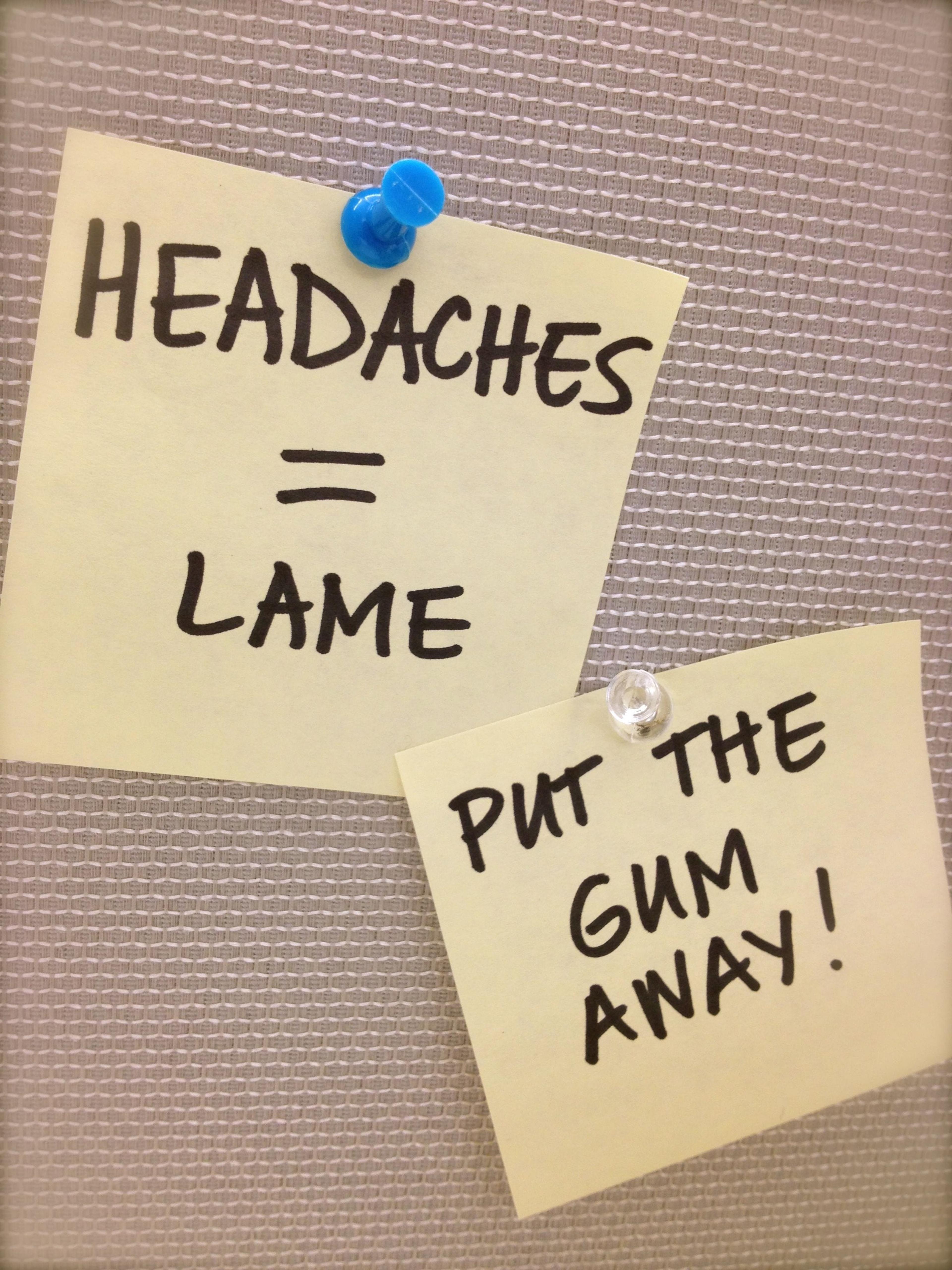Ask the Dentist: Is TMJ causing my headaches?

Dr. Gary Vance
| 2 min read

What would it take to pack the house at Spartan Stadium from now until year 2079, or keep Maize and Blue fans cheering in the Big House for the next 327 football games? Just add the 35 million people in the U.S. who suffer from migraines or headache pain as a result of a jaw joint dysfunction!
The daunting reality is the state of Michigan could have more than one million residents experiencing this head and neck pain. So, what could be behind it?
What is the Temporomandibular Joint and Temporomandibular Joint Disorder?
The Temporomandibular Joint (TMJ) is the ball and socket joint in your head that connects the lower jaw to the side of the skull. Temporomandibular Joint Disorder (TMJD) is a condition caused by the misalignment of your jaws and teeth, which increases pressure on the nerves and blood vessels in the joint, resulting in discomfort and pain. Grinding your teeth, disc dislocation, osteoarthritis and stress can cause TMJD. Symptoms to pay attention include:
- Chronic medicine-resistant headaches
- Dizziness
- Neck pain
- Sensitivity to light
- Ringing in the ears
- Generalized pain and tension of the neck, head, jaw and shoulders
Though toothaches, sinus issues or gum disease can cause similar symptoms, a proper dental exam will help diagnose the issue and bring you one step closer to decreasing your pain.
What treatments are available?
Relief for headaches and migraines doesn’t have to be complicated. The American Dental Association recommends following the National Institute of Dental and Craniofacial Research’s “less is often best” approach before transitioning to more involved treatment. These include:
- Eating softer foods
- Avoiding biting your nails or chewing gum
- Placing moist heat or cold packs on jaw to decrease pain
- Practicing meditation or other relaxation techniques to control jaw tension
Additional treatment options can include exercises to strengthen jaw muscles, medications prescribed by your dentist, a night guard to stop you from grinding your teeth, or in some extreme cases, orthodontic treatment.
Photo credit: meghanmccarthy





